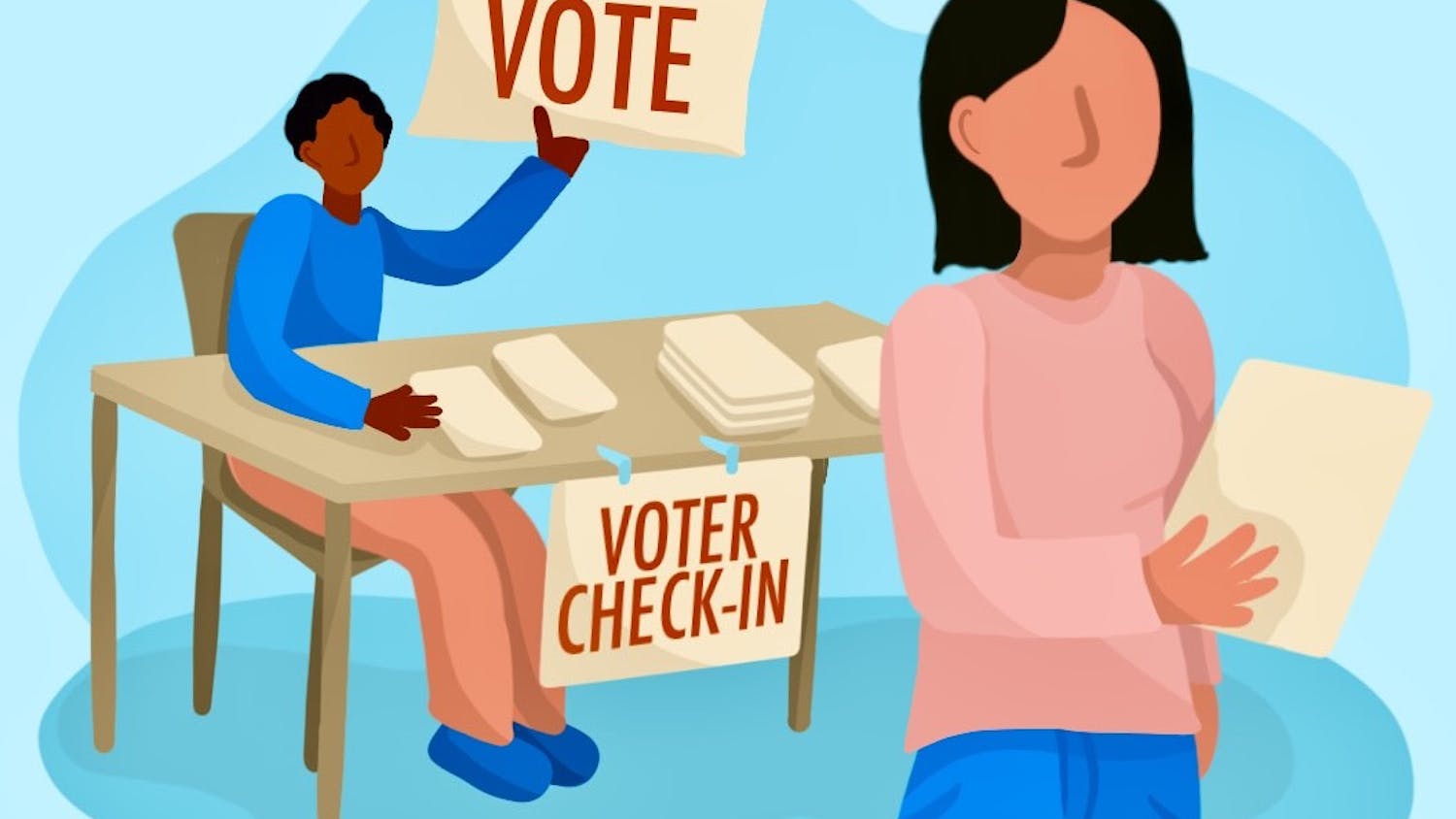With Big Bird facing extinction, the federal government on the verge of a shutdown and protests rocking the Middle East as well as our own state capitols, a hallmark of our electoral system for the past quarter of a century was quietly slated for the death chamber.
At the end of January, Republican members of the U.S. House of Representatives voted to eliminate public funding for presidential campaigns and party conventions. While some might decry this as a self-serving move by a party whose candidates have historically out-raised their Democratic counterparts, the folly of this logic is easy to see by looking no further than both Barack Obama’s and Hillary Clinton’s fundraising bonanzas during the 2008 presidential election cycle.
So, why did members of the House vote to cut funding for this program? Although the $1.5 billion it has cost taxpayers since its inception in 1976 is a substantial sum of money, this amount is a drop in the bucket compared to our nation’s current national debt of about $14 trillion. Could it be that the House took up this measure because there are more fundamental issues at play, or would this be giving our representatives too much credit? Perhaps it is a little of both.
Our Constitution guarantees that one person equals one vote. It does not guarantee, however, that each person can have an equal influence on the political process.
Everyone is certainly free and encouraged to participate, but those with more money, better organization and pervasive passion will probably have more influence on the outcome of an election than someone who does nothing but vote on Election Day. This is OK. Some scholars have suggested that these inequalities in funding, organization and passion, which many decry as a problem within our system, are actually some of the best safeguards of minority rights that our nation can offer.
Take, for example, the Civil Rights Movement of the 1950s and 1960s. While the pendulum was swinging in favor of increased rights for all, there is no indication that a clear majority of the nation, on its own, would have favored the reforms that were undertaken at the time they were undertaken. However, the superior organization, passion and, in time, funding of those seeking to protect the civil rights of all Americans, allowed them to have a disproportionate impact on the national discourse and persuade their fellow Americans of the correctness of their positions.
If these groups and individuals were not allowed to have a disproportionate impact on the political process, who is to say that the landmark reforms of the 1960s would have occurred when they did?
While public funding of presidential campaigns is not the worst use of taxpayer money, it is not the best, either.
Republicans probably attacked this problem because it was an unpopular program from which to cut funds and gain easy political points. In the process, though, they may have inadvertently helped protect minority rights and better our political process.
Zack Smith is a first-year law student. His column appears on Mondays.





